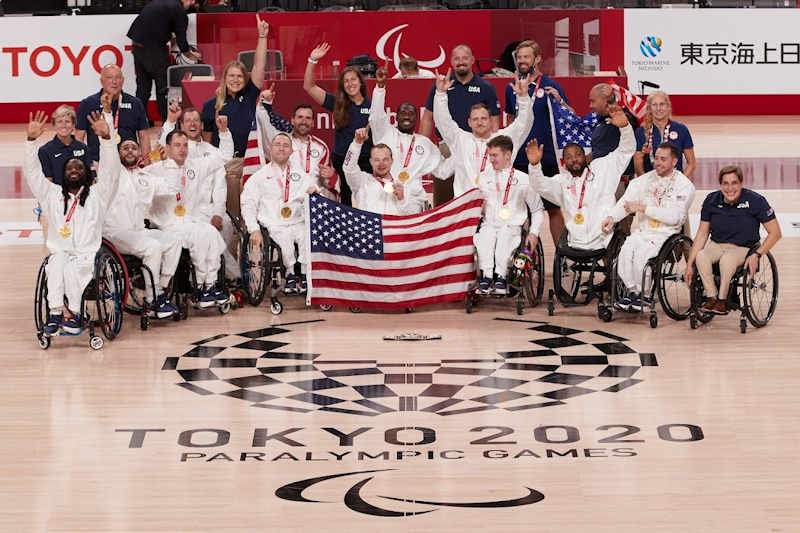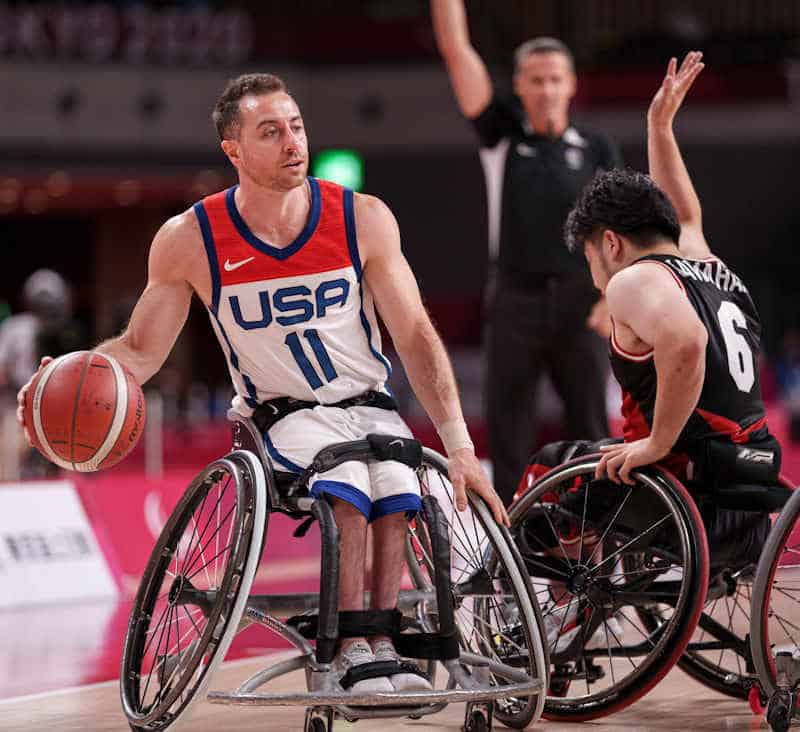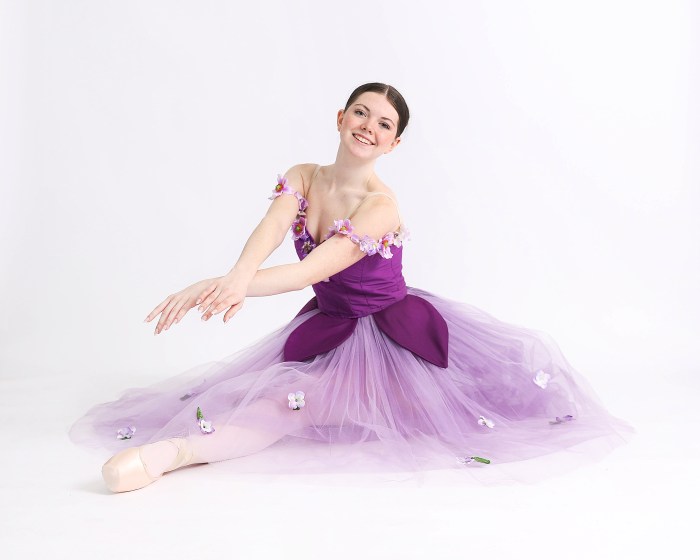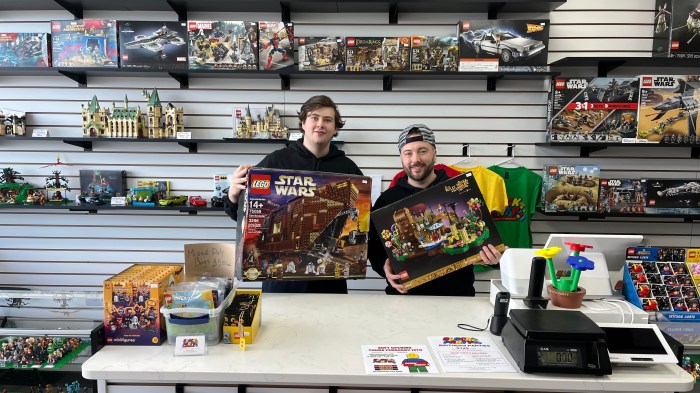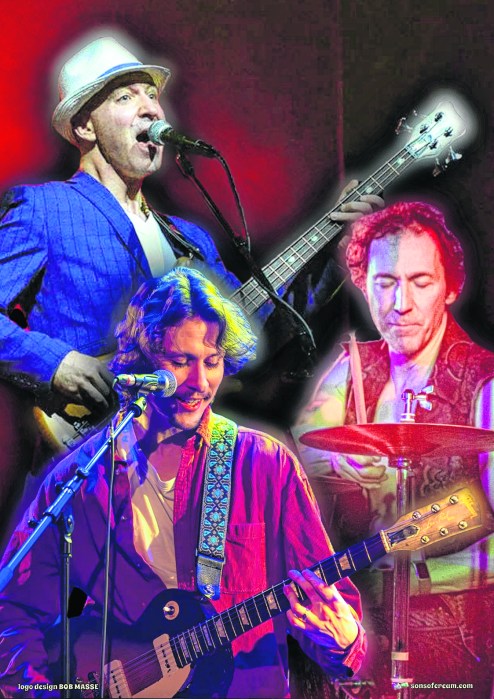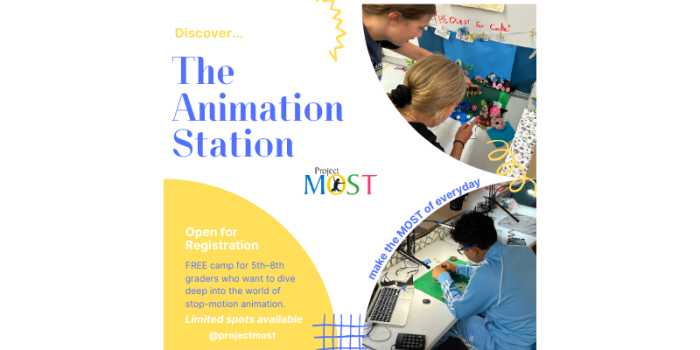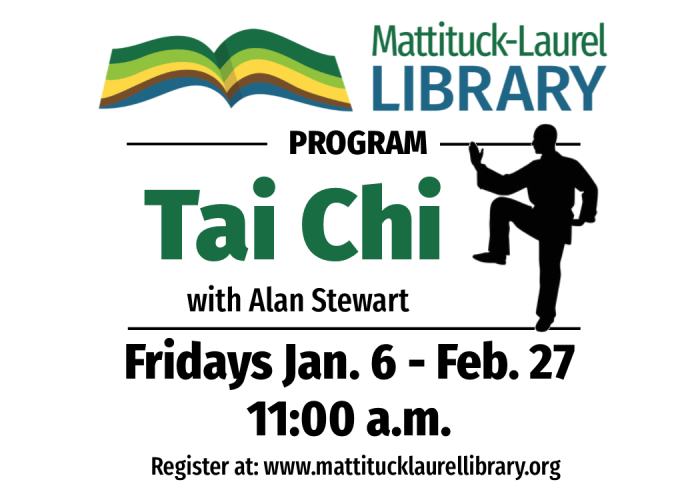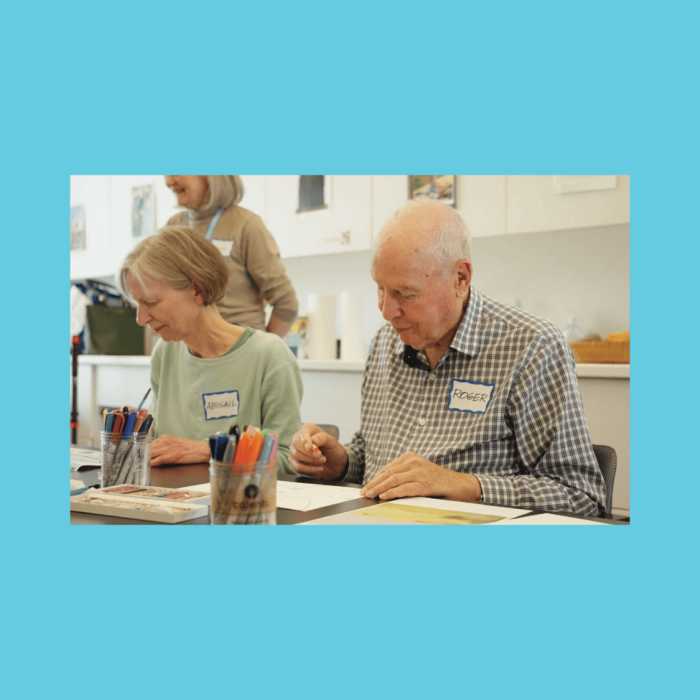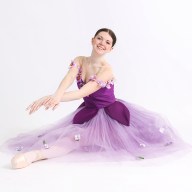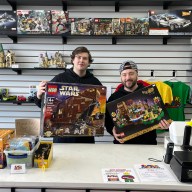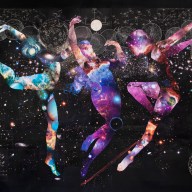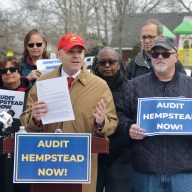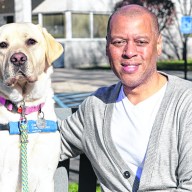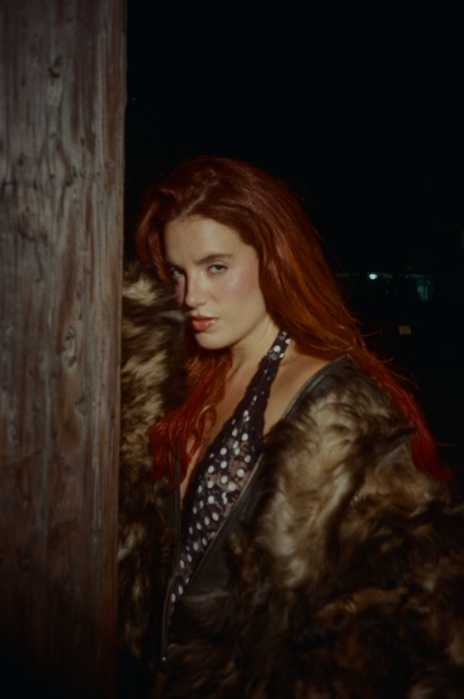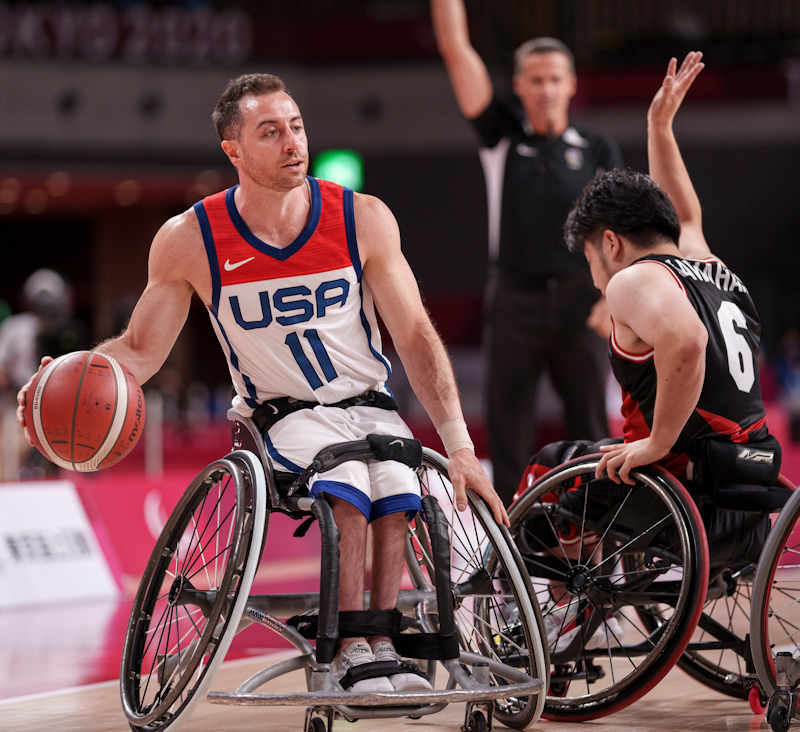
Westbury paralympian garners second gold medal
For Steve Serio, there was no “before,” a time when he had full use of his lower limbs.
Raised in Westbury, a 2005 graduate of Carle Place High School, the accomplished paralympic basketball player has reached the highest heights in his sport.
“I was born with a benign spinal tumor that was undiagnosed for the first 11 months of my life. It’s all I know. It’s all I remember,” he said of his disability.
According to his Team USA biography, the 5-foot-4 Serio “is classified as an incomplete paraplegic.”
“Growing up, my parents [Ed and Hilary] were determined to give me a ‘normal’ childhood,” he related. “I played able-bodied sports to the best of my ability growing up. I was trying to fit into a world that was not built for me.”
He continued, “When I was about 14, 15 years old, my friends started to progress in their varsity athletics, I could not keep up and was told that I could not play with them for safety reasons and for liability reasons. I wanted to be a part of the team, so I became the manager of the football team and the basketball team and the track team, doing whatever it took to stay in and be a part of the group. But ultimately, I wasn’t born to sit on the sidelines.”
Serio, through a physical therapist, discovered that there was a wheelchair basketball team that trained and played in nearby East Meadow, the Long Island Lightning. He eventually led the squad to a national championship in 2005, garnering the tournament MVP trophy.
“I never knew that adaptive sports were even a thing,” Serio said. “And I remember going down and shooting baskets, sitting in a wheelchair that was not made for my body type or my disability, pushing up and down the court and just feeling free of my disability for the first time in my life. At the very first practice I knew that my life was going to be completely different. I knew I was going to have a path. That this was going to be a big part of me, not just as an athlete, but as a person. So I’m very grateful that I found it.”
“Did Carle Place provide an atmosphere that was conducive to your growth?” he was asked.
“Yes, absolutely,” he replied. “Being an athlete, gym class was one of my favorite subjects.”
Serio singled out Tim Moran, still on the phys ed staff at the school, as someone he looked up to and who inspired him. Moran played collegiate football at Townsend State and returned to his alma mater to teach.
“He basically would not take ‘no’ for an answer,” Serio recalled. “I remember we were playing floor hockey, a really difficult sport for me to play because at that time I was walking with braces and crutches, so it’s not like I can walk and use a hockey stick. But he cut off one of those plastic blades from the hockey stick and attached it to my crutch so I could play in gym class, just to be a part of it. He pushed me to not be on the sidelines, but to be an athlete first. There are always people that are willing to help you and support you along the way.”
“I’m a Frog,” he added, referring to Carle Place’s mascot.
The Path To Gold
Per his biography, “After high school, Serio played for University of Illinois at Urbana-Champaign. He led them to a national championship, winning championship game Player of the Game, National Wheelchair Basketball Association (NWBA) tournament MVP, and the NWBA Player of the Year in the process.”
Though he majored in exercise physiology, Serio chose a different path, stating, “My original thought was to go into research. [The program] focused on the rehabilitation side of disability, they weren’t really focused on the athletic side or sports performance. I really wanted to go into research—there’s not a lot of research being conducted in adaptive sports and how our bodies react differently to different stimuli.”
He continued, “Ultimately, I went down the path of sports performance. I’m focused on my athletic career as much as I possibly could. So today, even though I’m not involved in exercise physiology what I do is I work with various sponsors like Nike or Toyota to promote the paralympic movement and promote inclusion. I work with various nonprofit organizations that specialize in adaptive sports to provide kids the sports equipment [they need] so that they can follow their dreams.”
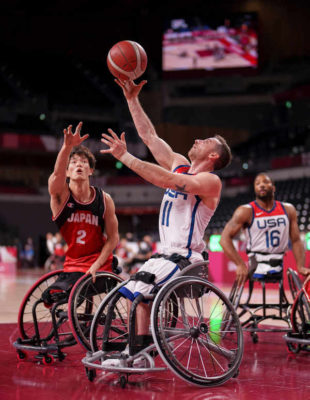
The price of various sports equipment for people with disability is a real barrier, he noted, adding, “My wheelchair costs anywhere from $3 to $5,000 and it’s not like the insurance pays for that.”
His first paralympic was in Beijing in 2008, where Team USA finished fourth.
“I was the starry eyed kid there for the first time,” he related. “And I wanted to meet every single athlete in the cafeteria. I wanted to watch every single sport that I possibly could and cheer on my fellow athletes. In reality I probably should have been more focused on the game because we actually finished fourth. I highly encourage any of your readers who get a chance to compete at the Olympics or Paralympics to not finish fourth.
“That was a little bit of a gut punch,” he added. “But one of the things that has made me successful is my ability to turn negative experiences into motivation. So fast forward four years in London in 2012 and we won bronze, which wasn’t the ultimate goal. But it was important for me to realize the work and the sacrifices that I was making what’s actually leading somewhere.”
Improving rapidly, Team USA then won golds at both Rio de Janeiro (2016) and Tokyo (2020, but delayed to this summer by the pandemic) Games.
“Obviously, basketball is such a rich sport in our country that expectations are always very high,” he observed. “Wheelchair basketball actually started at the University of Illinois, my alma mater, as a way to help [disabled] World War II veterans get acclimated back into society. So it started in the U.S. and obviously we have high expectations each and every time. Now that the men’s team has won back-to-back gold medals in Tokyo we were definitely on the right path and have definitely exceeded all my personal expectations.”
In the 2020 semifinal, Serio scored nine points and added eight rebounds and five assists as Team USA defeated Spain 66-52 to advance to the gold medal. After the game, Serio said, “This is a special group, down to every player, down to the staff that we have, and the people supporting us behind the scenes. It’s been the greatest honor of my career to say that I can lead a Team USA.”
Team USA beat host Japan 64-60 in the gold medal game in September at Tokyo’s Ariake Arena. It overcame a five-point deficit in the fourth quarter. Serio, the captain, scored a team-high 28 points, grabbed four rebounds and dished out nine assists.
In statements after the gold medal game, Serio credited teammates Matt Scott and Brian Bell for creating shots for him.
“This game is more mental than anything, belief in yourself,” he said. “You’ve got to trust the work you’ve put in over two decades’ time and know that you can make the shot at that moment for the team.”
Regarding Team USA coach Ron Lykins, Serio said, “He’s not just a great coach but he changes culture and he creates this belief in the team that is unlike anybody else.”
As far as his future, he said, “This is more than likely going to be my last Paralympic Games. I can’t think of a better exclamation point on an incredible journey.”
To Anton Media Group Serio said, “I definitely accomplished all of my on-court goals and dreams. The impact that I could have off the court is more important to me. I’m really focused on promoting the paralympic movement. It’s just more important for me to make sure that the next generation of adaptive sport athletes has the things that were not at my disposal. So I really try to promote things on social media and build up the brand and the image so the people who look like me who look like me coming up have a role model but they can look up to.”
In addition to the New York Rollin’ Knicks, supported by the NBA franchise, Serio played professionally in Germany for five years.
He now lives in Williamsburg and has two younger brothers, Will and Luke.
Extra Innings:
On playing Iran: When a reporter pointed out that the United States has had a difficult and acrimonious relationship with that Islamic republic, Serio responded, “The spirit of the Olympics and Paralympics games is ‘Unity through competition.’ Its just another basketball game for us. We have this common bond of not only having physical disabilities but being athletes first. To be honest, politics and geopolitical stuff doesn’t filter into the paralympic atmosphere. It was a great game. We’ve played Iran a number of times over the course of my career. They’re really an up-and-coming talented team and it was great to play against them.”
On the Rollin’ Knicks: “I’m taking a step back in the near future because I’m still decompressing from Tokyo, but the Rollin’ Knicks are always going to be my team here in New York City,” Serio said. “We are supported very well by the [NBA] Knicks. We actually go to other locations to play other teams. Everybody will be at one location for a weekend and play anywhere from four to seven games over the course of a few days. This way the cost will be less for everybody. It’s not like we fly to one place and play a game.”
A reporter suggested this was an unknown side of embattled franchise owner James Dolan. “As Knicks fans we all have a complicated relationship with Dolan,” Serio pointed out. “From a wheelchair basketball standpoint, the Knicks organization treats us very well. They allow us to play at halftime at one preseason and one regular season game. They support us and allow us to follow our dreams. It’s an honor to be a part of that organization.”
He added that the franchise included the wheelchair players in various community events around the tri-state area. He noted the last pre-pandemic event was on Martin Luther King Day on the Upper West Side close to Harlem. “It provided a great opportunity for the kids to see us,” Serio said. “The event promoted a sense of accessibility and inclusion. I remember John Starks being there—obviously, he’s a Knicks icon. But when the wheelchair players came in and we were doing our tricks, all of the kids watched us do our thing. To be able to take part in events like that—I couldn’t thank the Knicks enough.”
